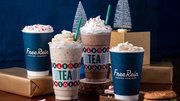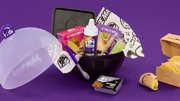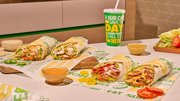Article
What difference do women make in QSR leadership anyway? KFC, Subway detail the brand-boosting benefits
Granted, there is a lot of news about the absolute need for women in both leadership and the rank and file of the QSR industry. But why? What difference does it make when the door is opened to females at the top of these organizations? Two major QSRs that know —KFC and Subway — lay out the answers.
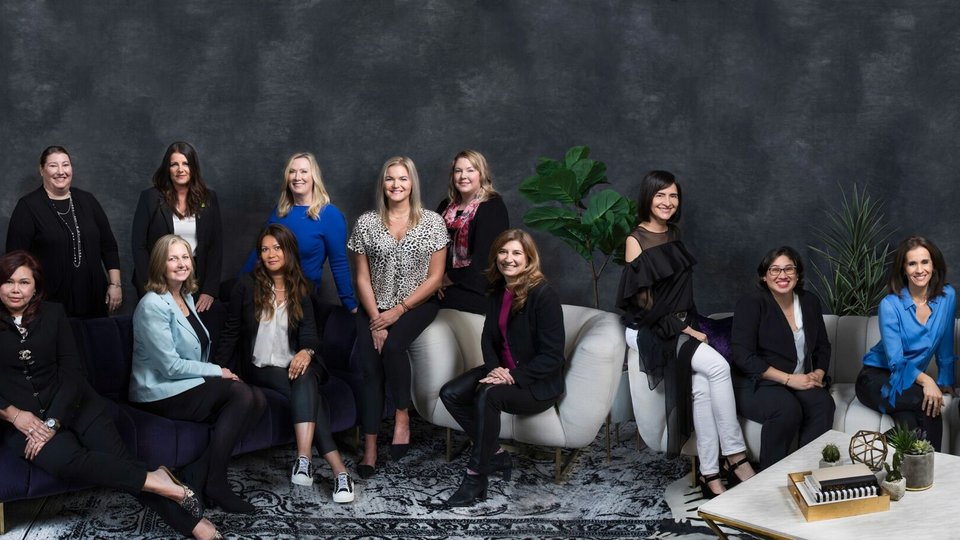
May 1, 2019 by S.A. Whitehead — Food Editor, Net World Media Group
Women make things happen. As we briefly touched on in the first part of this series, that conclusion was one of the most common statements made by KFC and Subway executives, who discussed how female leaders have contributed to the brands' successes over the years.
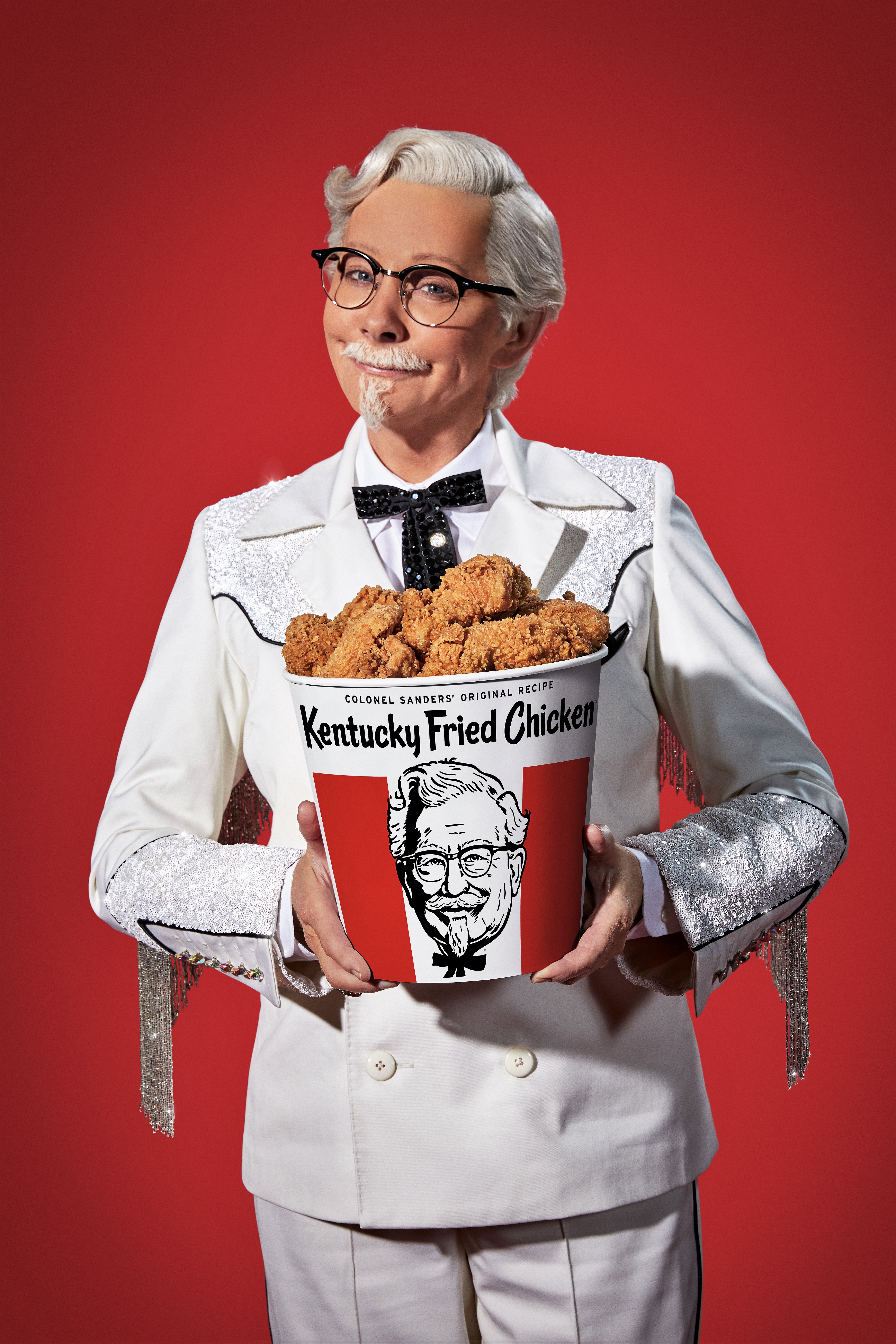 |
| Reba McEntire as the "Colonel."(Photo provided) |
Adding a female perspective isn't only useful in leadership, however, as KFC found out when it introduced its first female Celebrity Colonel in January 2018. Although it might appear on the surface just to be a playful marketing stunt, the introduction of Reba McEntire as the first female to wear a white coat and string tie had all kinds of additional purposes for the brand.
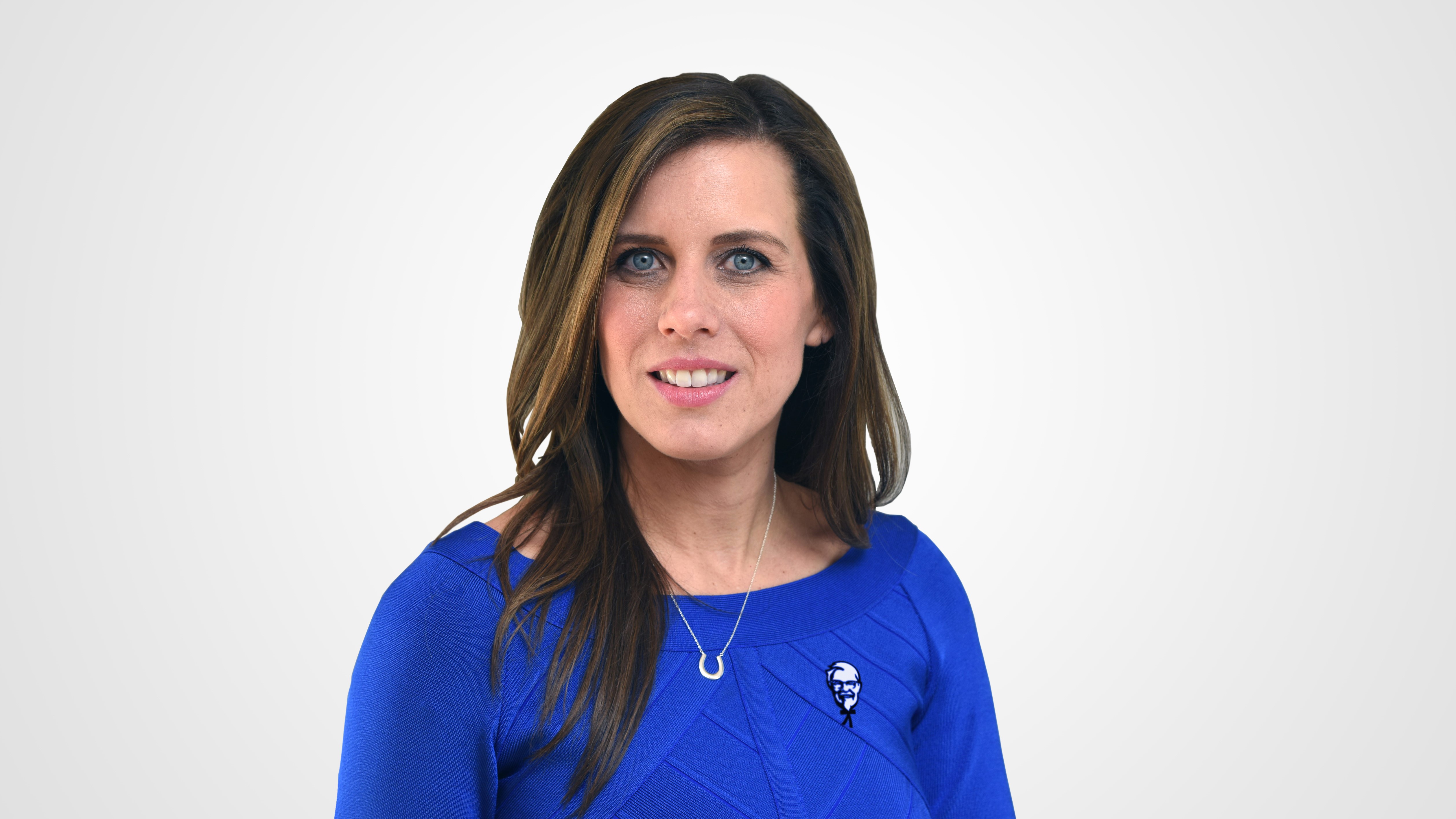 |
| Zahumensky. (Photo provided) |
"It was important to me to expand the role to new territories and Reba was a perfect fit," said KFC CMO Andrea Zahumensky, the woman behind the idea. "She perfectly embodies the Colonel's values of showmanship and his entrepreneurial spirit. ...
"It's been almost a year-and-a-half since we introduced her and people are still talking about it in an incredibly positive way. KFC leadership had long said that the role of the Colonel is bigger than any one person and that anyone who embodies the spirit of the Colonel is qualified to play the iconic role."
But at KFC and its parent company, Yum Brands, the commitment to adequate female representation systemwide goes far beyond Colonel Reba's goatee. The brand's leadership team is 40% female.
That didn't happen without a systemwide emphasis on the need for such representation and buy-in from the top. The chain, for example,
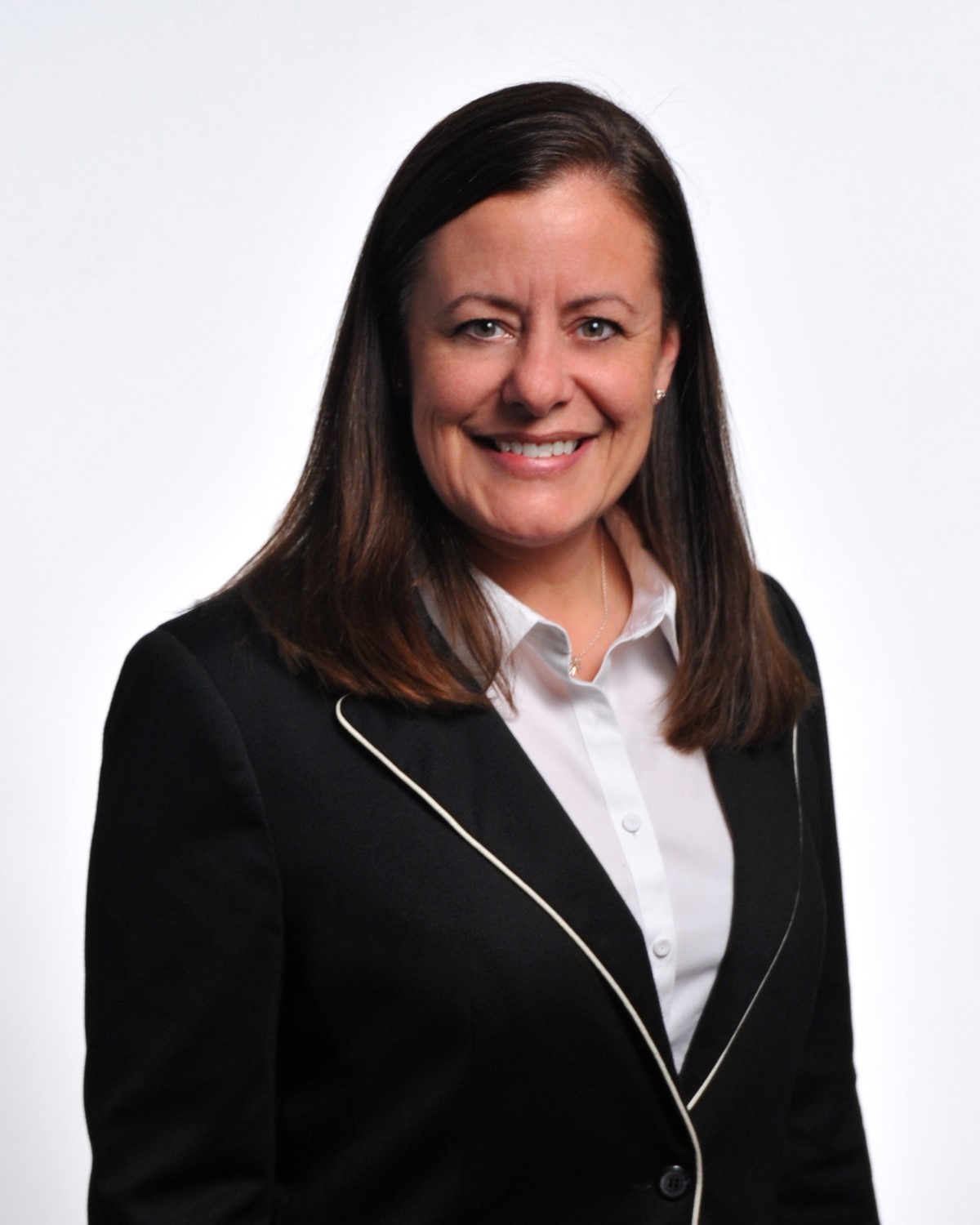 |
| Rawls. (Photo provided) |
commited to placing more women in senior roles and achieving greater gender parity in senior leadership globally by 2030, as an initiative that's aligned with the Paradigm for Parity coalition.
"My hope would be that, one day, women in leadership becomes the norm, so that special attention is no longer necessary to help grow women in leadership." KFC Chief Communications Officer Staci Rawls, said during an interview with QSR. "In the meantime, I hope to do my part as a female leader in my organization to support and advocate for the women around me, and help them build strong networks and mentorship opportunities so they can grow."
Growing a valuable resource
Likewise, the systemwide Women in Networking program mentioned in part one of this series helps women advance across all three Yum's brands: KFC, Pizza Hut and Taco Bell. And female executives like Chief Legal Officer Melanie Bootes not only leads a team of all female attorneys for the brand but started "connection dinners," where two senior female leaders host a small group of up-and-coming women across the organization for dinner to discuss the progress and challenges they see in their roles.
"This was certainly not an experience I had when I was starting out, and hopefully, it's giving these women some insights, as well as a forum to be heard. ... Nothing is more aspirational for a young woman just starting out to see women in senior roles because it's an in-your-face (in only the best way) validation that it's possible. And our role, as leaders, is to help them get there along the way by being truth tellers and advocates." -KFC CLO Melanie Bootes
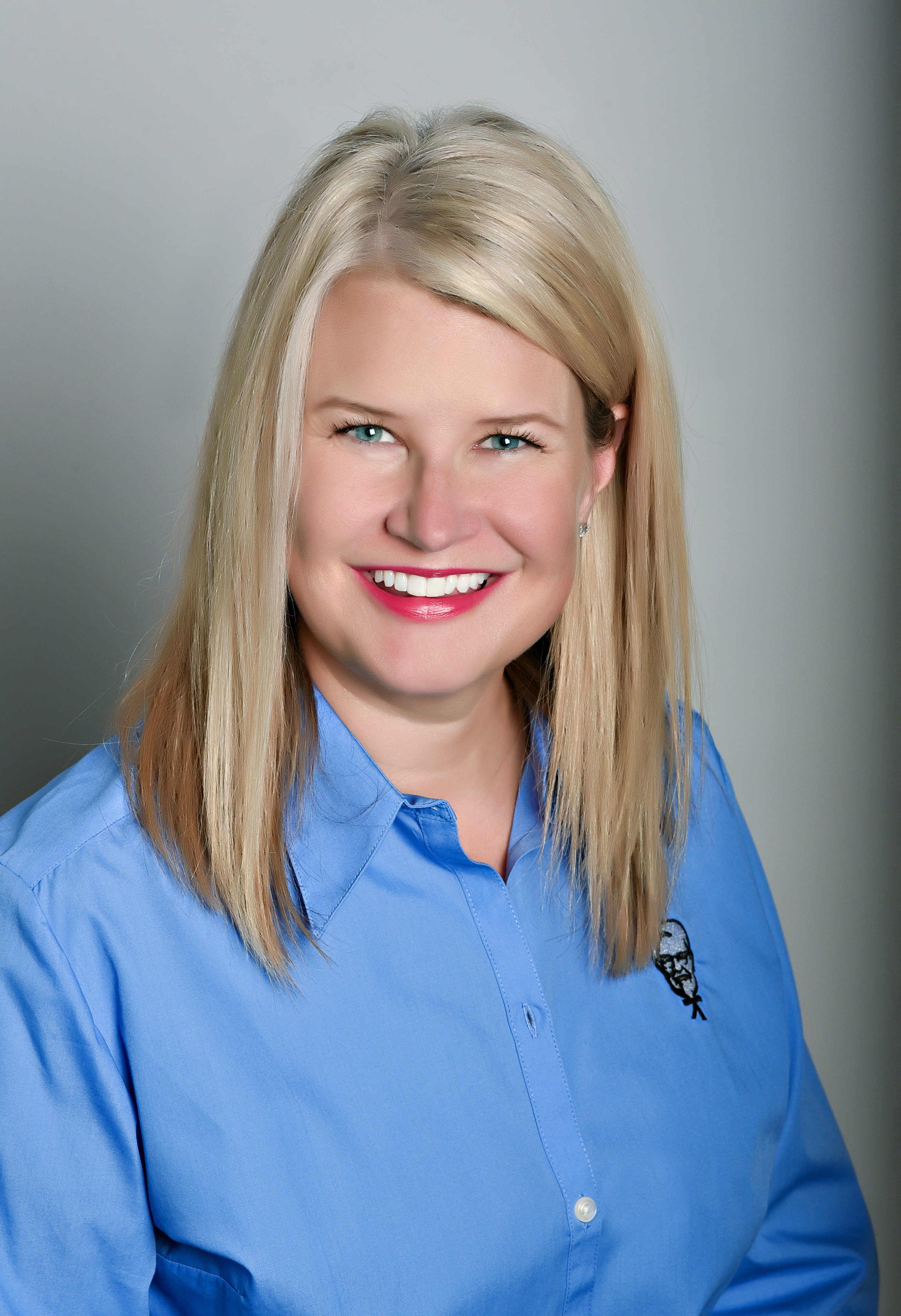 |
| Bootes. (Photo provided) |
"Our goal in organizing these dinners was to give mid-to-senior level women at Yum Brands and KFC in Louisville an opportunity to have a casual, no-agenda evening with a small group of their female peers and two senior women leaders to just talk, no subject off limits," she said. "We want the dinners to include individuals from both Yum and KFC, who don't know each other well or have the opportunity to work together day to day, to create new connections, to be heard and to share what they're thinking about."
The kick-off dinner for the series featured Yum Brands Vice President of Global Talent Megan Verret and Bootes discussing the oft-overlooked value in career missteps that all leaders make en route to the c-suite.
"This was certainly not an experience I had when I was starting out, and hopefully, it's giving these women some insights, as well as a forum to be heard. ..." she said. "Nothing is more aspirational for a young woman just starting out to see women in senior roles because it's an in-your-face (in only the best way) validation that it's possible. And our role, as leaders, is to help them get there along the way by being truth tellers and advocates.
The responsibility that female executives feel not just for those coming up behind them but for their customers and employees, too, is one way women provide positives to restaurant leadership. In fact, Subway franchise owner Cynthia Cheong said that was true for her.
"As an Asian woman, I do believe that we have a different perspective on how to help consumers eat better because we still play a strong nurturing role in society," she said. "For example, when explaining how Subway sandwiches can be customized to fit every lifestyle, consumers embrace it in a very positive manner. They have the choice to decide to indulge, or choose better-for-you options. The whole chain of thought can really make a difference in improving their lifestyle and making better choices."
How women's knack for nurturing feeds leadership style
Perhaps women's often-cited "need to nurture," rather than specifically lead in more autocratic ways is one reason why many female leaders lean less toward the hierarchical leadership structures men often gravitate to, but instead choose a so-called "spoke-and-wheel" style of leadership.
"That means that many women, myself included, create a structure that is more akin to a round table (or a spoke and wheel) where leadership is provided through a relatively flat organization and the leader is at the center facilitating communication and strategy, imparting direction and information to her leadership team one-on-one and as a group who are all connected and aligned," said Margot Micallef Subway Canada franchisee and business development agent.
That partition of typically male-preferred and female-preferred leadership styles, however, can be dangerous because it leads many to compare and rank one over another. All the women we talked to emphasized the importance of steering away from that tendency as they think it flies in the face of the real advantage of having women seated at the "boardroom table" along with men. Simply said, it brings the essential of diversity of perspective into the leadership mix.
"Many women, myself included, create a structure that is more akin to a round table (or a spoke and wheel), where leadership is provided through a relatively flat organization and the leader is at the center facilitating communication and strategy, imparting direction and information to her leadership team one-on-one and as a group who are all connected and aligned." -Subway's Margot Micallef
In fact, this aspect is what Bootes brought up when asked about perceived or real resistance to female leadership in their organizations. She said, if it exists, it's not so flagrant that you can put your finger on it.
"I think it's more subtle than resistance," she said. "And, again at the risk of over-simplification, men and women often communicate and lead differently and, in the past, those differences may not have been recognized as equally as effective.
"Today, we (KFC) are maniacally focused on diversity of all types, through employee groups, public commitments, leadership training, and an even more informal measures, and it's made a difference. ... (It) has been the driver of more female leaders in our business. "
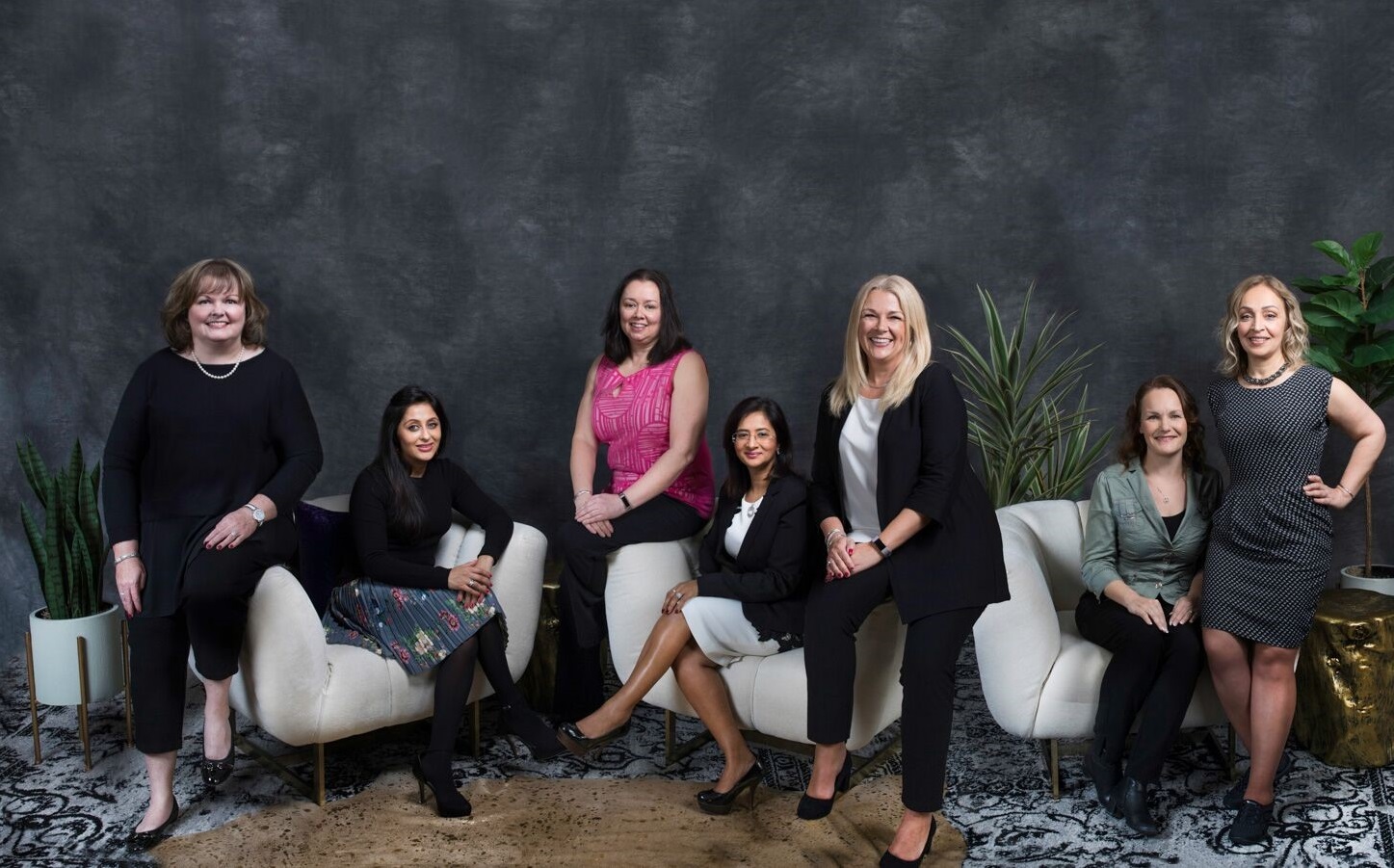 |
| Some of Subway's many females franchisees and BDAs. (Photo provided) |
Subway has been pushing for years to increase its number of female franchisees worldwide, and the results are actually measurable. From 2011 to 2017, female franchise ownership skyrocketed by 83 percent, while male ownership increased just 13 percent.
Subway recently recognized four of its female owners for outstanding performance as both franchisees and business development agents. They were:
- Datin Cynthia Cheong, who has 32 Malaysian restaurants.
- Jennifer English who has 12 Southwestern U.S. stores.
- Margot Micallef, who has Canadian stores, along with overseeing 800 units in Alberta and British Columbia.
- Montserrat Odio, who owns 78 Costa Rican stores.
That is — as so many female rock stars have proclaimed over the years — some kind of "girl power."
Bumps in the road
Many interviewees, however, also mentioned barriers that still exist to prevent women from reaching the corporate leadership and store ownership heights. In many cases, those barriers are still within a particular geographic area's cultural expectation. Yes, even now, nearly 20 years into the 21st century.
"Even though more women work in the restaurant industry than men, fewer are represented at the senior or executive level," Rawls said. "We simply must change this narrative, and I believe the focus it's receiving in the news has helped shine an important light on it. Bringing visibility to gender equity has encouraged the industry not only to assess where they fall on the gender talent spectrum, but to identify meaningful ways they can make improvements to leadership development programs for women.
Micallef agreed with that assessment and offered this advice to restaurant business leadership.
"Every institution, corporation and organization should do a 'check-in' with itself too ascertain if their view of diversity is being realized and if not determine a strategy to align the two. ... " she said. "Drawing attention to this misalignment is important as it forces us to acknowledge we have to do things differently."
One of the female leaders, however, told us that women can can often create their own obstacles to advancement, as Bootes explained when asked what she thought was the single biggest factor that holds women back from corporate advancement in the U.S.
"Not allowing ourselves to be uncomfortable enough," she responded. "At the risk of gross exaggeration, women are praised at a young age for being polite, well-behaved, and helpful —for being good. There's a lot of good in being good, of course, but it doesn't leave a lot of room for taking risks, going out on a limb, and being unafraid to fail. I remember palpably the times early in my career I didn't act or react in a situation because I wasn't convinced my approach was good enough.
"And I think that hindered me professionally for a time until I forced myself to be okay with being uncomfortable — to voice my opinion before it was perfectly formed, to take professional risks."
In that respect, it's ironic that a snowy-haired, 60-ish, oft-tried-and-failed businessman might now serve as a kind of mentor for at least two female executives at the now-global restaurant business he started.
"Colonel Sanders was the ultimate entrepreneur who never gave up, and he built his company on the principles of doing things the hard way," Zahumensky said. "As a small-town girl and the first to graduate in my immediate family with a bachelor's degree, I was raised on the principles of hard work and determination. When I joined KFC, I immediately resonated with the values that Colonel Sanders embodied and instilled in his company. I believe the Colonel would be so proud to see that his company is being led by individuals — male and female — who exemplify what he worked so hard to promote and who continue his legacy."
Rawls wholeheartedly agreed.
"He was overwhelmed by rejection and certainly discouraged by setbacks along the way, but he never gave up, ultimately creating one of the largest fast food chains in the world. And all while giving back to the community in significant ways. One of the Colonel's quotes you see floating around the internet about his journey is, 'I made a resolve then that I was going to amount to something if I could. And no hours, nor amount of labor, nor amount of money would deter me from giving the best that there was in me.'
"I have to believe that today ... he'd truly enjoy seeing strong female leaders crash the C-suite ceiling!"
About S.A. Whitehead
Pizza Marketplace and QSRweb editor Shelly Whitehead is a former newspaper and TV reporter with an affinity for telling stories about the people and innovative thinking behind great brands.
